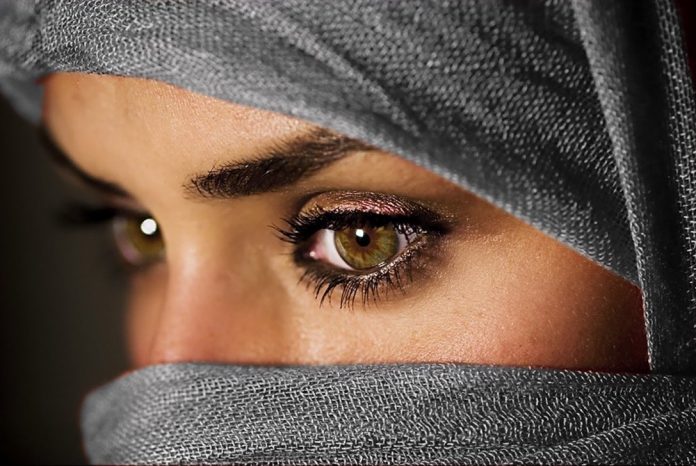Iqra Fatma, TwoCircles.net
Darbhanga (Bihar): Nusrat, a bright young woman from Muzaffarpur district in Bihar, always aspired to pursue higher education. After earning her bachelor’s in computer application (BCA), she aimed for masters (MCA) at a prestigious university in Bangalore. However, her father opposed her decision to pursue further education. “Girls are meant for household work, not higher learning; this is enough for you.”
Her mother echoed the same, emphasising the importance of marriage over education.
Heartbroken yet determined, Nusrat chose to leave home and chase her dreams independently. In Bangalore, she found mentorship in her best friend’s cousin, a supportive software engineer who guided her through the challenges of city life.
Faced with financial struggles, Nusrat did part-time jobs while focusing on her studies. She had recently undergone an emotional turmoil from a painful breakup and the indifference of her brother, who lived nearby but refused to connect with her. Undeterred, she persevered and started from a low-paying job – gradually advancing in her field.
Nusrat’s hard work eventually paid off, leading her to a successful career and the purchase of her own flat in Delhi. She later married a man from Maharashtra, and together, they built a fulfilling life.
Nusrat’s story is not an isolated case where a young Muslim girl had to first struggle within family to pursue higher education and live a life of her choice. This correspondent spoke to three other women, but they refused to come on record even on the condition of anonymity.
Though Nusrat stands as an inspiration, yet her journey highlights a larger issue: the social, economic vulnerability of Muslim girls and their silent struggles. Her experiences serve as a call to action to be their voice and ignite a movement for empowerment.
Access to education for Muslim women, especially in rural areas, is hindered by social, financial and cultural challenges. The pressure for early marriage further complicates their pursuit of education.
Globally, Muslim women face significant educational disparities. The United Nations Educational, Scientific and Cultural Organization (UNESCO) reports that around 64 million girls are out of school, many from Muslim-majority countries. In India, only 2.8% of Muslim women completed a college degree, compared to 8.7% of Hindu women. It underscores the obstacles they encounter.
Poverty is another major hurdle. In India, 33% of Muslims live below the poverty line, compared to the national average of 22%. This economic strain forces families to prioritise basic needs over education. It often leads to early marriage as a financial solution.
Early marriages significantly impact educational outcomes. Each year, an estimated 12 million girls marry before 18, particularly in regions with substantial Muslim populations. For instance, in Bangladesh, 51% of girls marry young. It leads many to drop out of school to fulfill household roles. Those who marry before 18 are 30% less likely to complete secondary education.
Urban-Rural Divide
While cities offer better educational access, Muslim women still face challenges. Cultural norms and safety concerns often deter families from sending daughters to urban institutions. Even in Mumbai, only 8% of Muslim women pursue higher education compared to 18% of women from other communities. Because of lack of infrastructure needed for quality education, rural India present even greater obstacles.
Compared to other religious groups, Muslim women are at a disadvantage. In India, literacy rates stand at 74.1% for Hindu women versus 57.1% for Muslim women, with only 2.8% of Muslim women graduating from higher education compared to 9.3% of Hindus.


